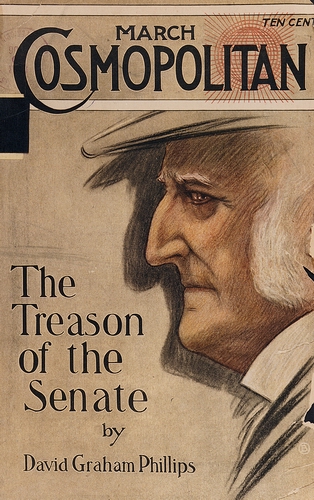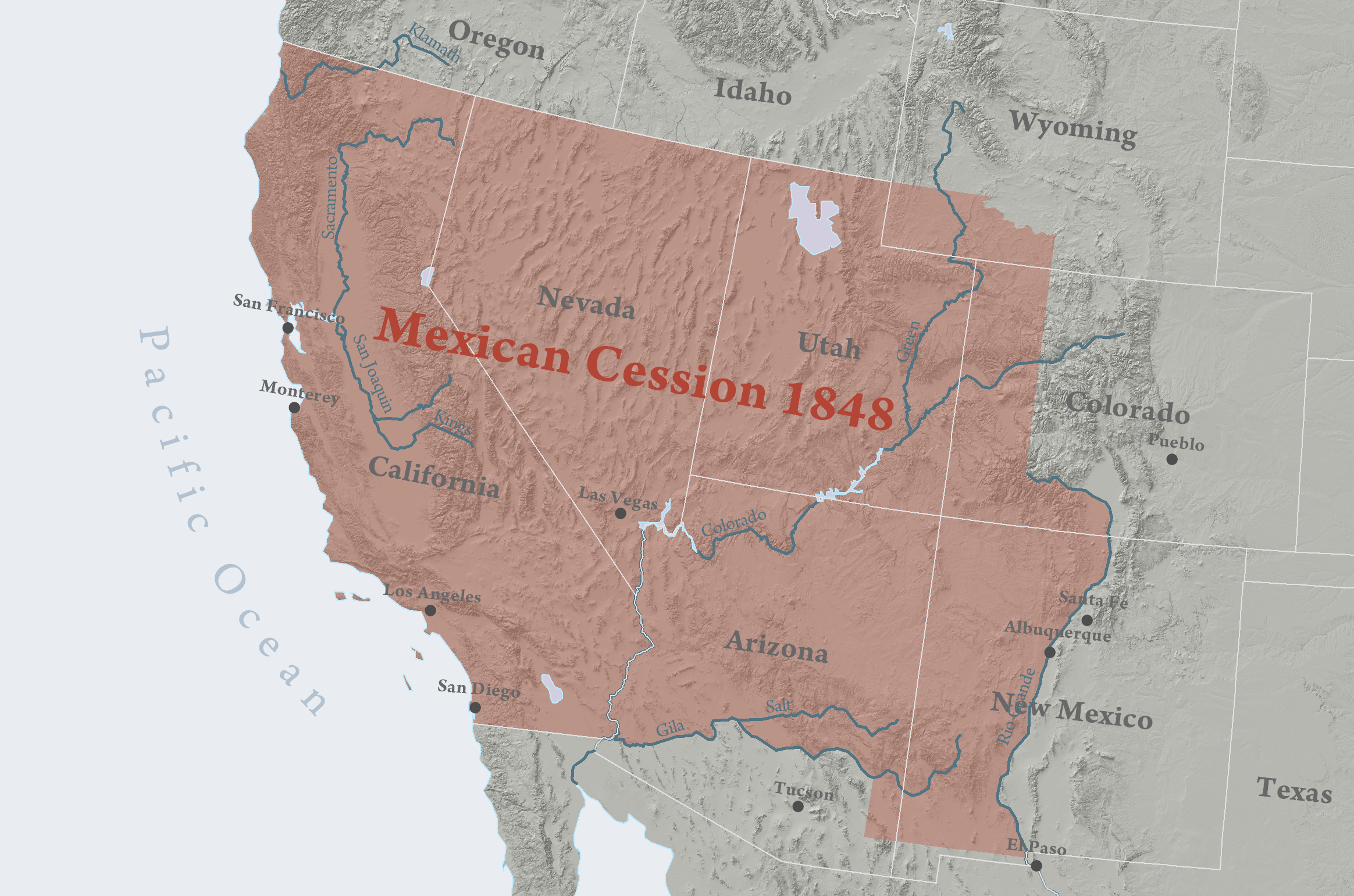Ostensibly, some of the Tea Party movement favor repealing the
17th amendment (I say ostensibly because I wouldn't know, I've never spoken to any Tea Party-goers, certainly not anyone who claims to represent the group). Now, this doesn't sound terribly interesting, does it? Stick with me, maybe I'll get to something good, but I need to get through the setup first.
The argument for repeal, I assume, goes something like this: today, Senate candidates get their campaigns financed by people and organizations who don't give a shit about the state the candidate is trying to represent. (fair enough, I have no idea if this claim is true, but I follow). Additionally, if #17 is repealed, and state legislatures once again
select US Senators, there will be additional public attention directed to the state government, which will lead to the localization of government decision making (or something like that. I think that is the argument; leave it to the states to decide).
Okay, so what spurred the 17th amendment? It isn't exactly easy to add new words to that sucker, so why go through all the trouble to make the change?
Muckrakers. You know, guys and gals who find scandalous dealings and make a big stink. Ah yes, raking some muck, so what happened? Well, I think you're going to like this. There was this fella, David Graham Phillips, loved to rake some muck, all day with the muckraking. He wrote for
The Cosmopolitan Magazine (mind you, this was before Cosmo dropped the
the and before those saucy gals figured out how to deliver the perfect orgasm and the best ways to get in shape for bikini season. Old Man Hearst owned the mag, and he loved the sensational). So, Phillips writes a series called
The Treason of the Senate and it's a big hit. What is the treason? I'll bet you guessed it, the Senate is bought and paid for by the men with money, what Phillips called "the interests."
The greatest single hold of "the interests" is the fact that they are the "campaign contributors"—the men who supply the money for "keeping the party together," and for "getting out the vote." Did you ever think where the millions for watchers, spellbinders, halls, processions, posters, pamphlets, that are spent in national, state and local campaigns come from? Who pays the big election expenses of your congressman, of the men you send to the legislature to elect senators? Do you imagine those who foot those huge bills are fools? Don't you know that they make sure of getting their money back, with interest, compound upon compound? Your candidates get most of the money for their campaigns from the party committees; and the central party committee is the national committee with which congressional and state and local committees are affiliated. The bulk of the money for the "political trust" comes from "the interests." "The interests" will give only to the "political trust."
Phillips makes his case clear enough: the rich are running the show. People get pissed. Support for the 17th amendment swells. Why? Because, surely, The People — once they're given the right to directly elect Senators — surely will boot out the plutocrats, eh?
Uh, no. At least, not really. The Senate today is chock-full of people who are a little more than
comfortable. According to
this thing the NYT published in November of last year, the average net worth of a US Senator in 2008 was just a smidgen under 14 mil. Not. Too. Shabby.
So what, we have a plutocracy, big deal. The country worships money (somebody told me that, I won't vouch for them) it only makes sense we'd send rich folk to keep our government nice n' greasy. What's the problem? Tocqueville, take it away:
But under aristocratic rule public men have a class interest which, though it sometimes agress with that of the majority, is more often distinct therefrom. That interest forms a lasting common link between them; it invites them to unite and combine their endeavors toward an aim which is not always the happiness of the greatest number.
When De Tocque wrote
Democracy in America roughly a thousand years ago, the Republic was young, and he argues that young states haven't had much time to materially and ideologically drift apart, causing a rift between the ideals and interests necessary for an, at least somewhat, harmonious national character. It was in that time that he wrote:
In the United States, where public officials have no class interest to promote, the general and continuous course of the governmental is beneficial, although the rulers are often inept and sometimes contemptible.
There is therefore at the bottom of democratic institutions some hidden tendency which often makes men promote the general prosperity, in spite of their vices and their mistakes, whereas in aristocratic institutions there is sometimes a secret bias which, in spite of talents and virtues, leads men to contribute to the afflictions of their fellows.
Inept and contemptible? Sure, but hey, at least democracy... fuck. When I think democracy in America, I think
Lee Atwater. No matter what a congressional candidate says, don't give them your money (unless you're rich, then it's probably a solid invest).
However, we should definitely repeal the 17th amendment — that'd really crack me up. Instead of getting the money out of the elections (surely, that can't be done), let's just stop voting. Hilarious. Lovers of democracy indeed.











